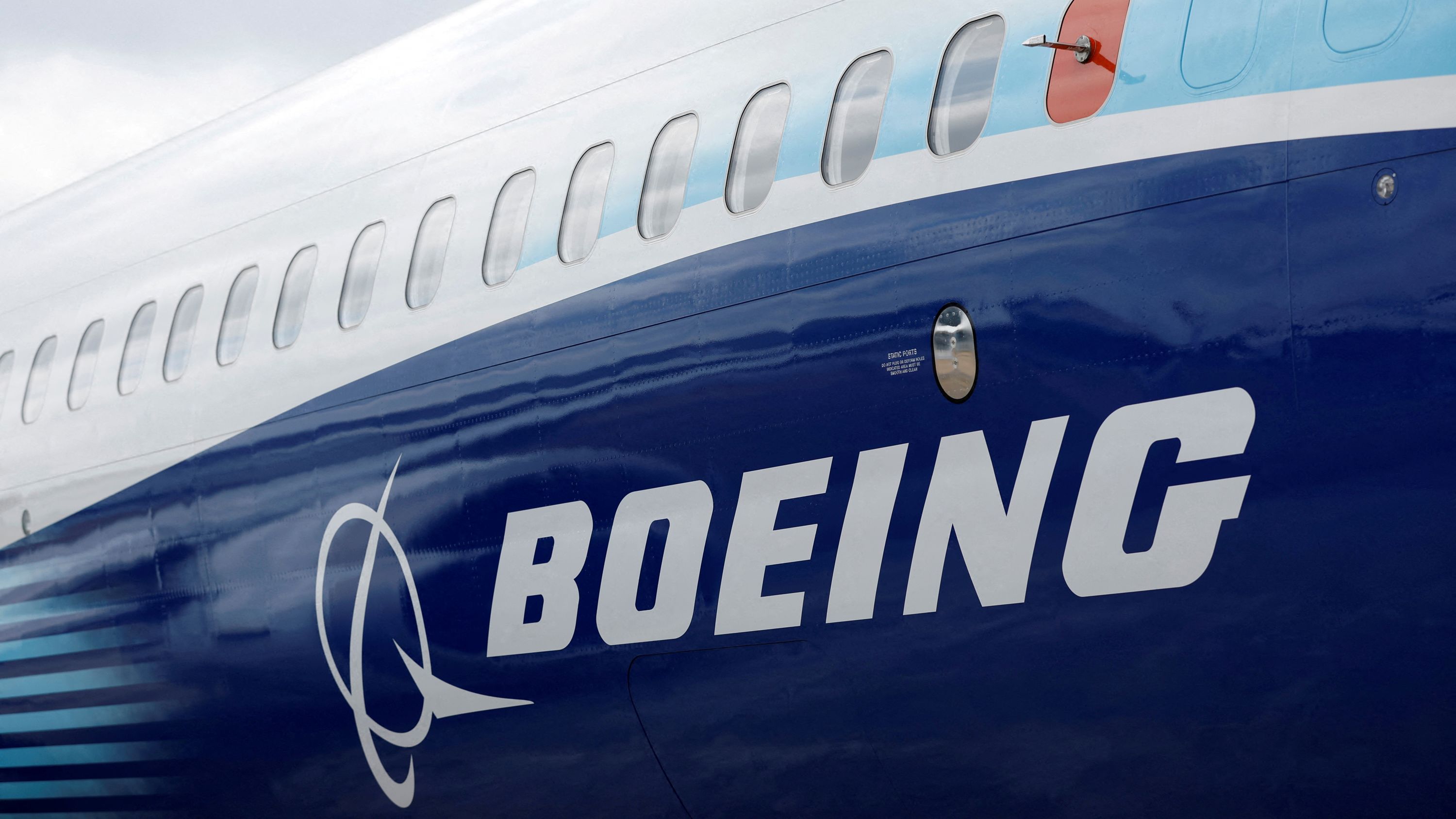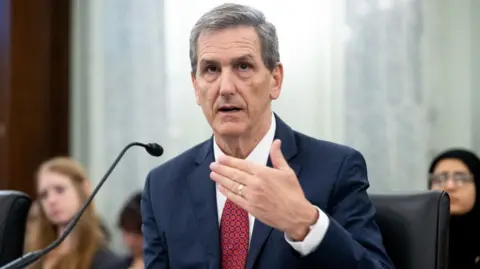Boeing, the major U.S. aerospace giant, is facing a long-term crisis. According to the head of the Federal Aviation Administration (FAA), fixing Boeing is a “very long-term project.” This statement was made during a hearing before the U.S. Congress on Wednesday, as lawmakers urged the FAA to be tougher on Boeing and force the company to address its ongoing issues.
Here's ads banner inside a post
Before the hearing, Democratic lawmakers released the results of a damaging internal survey that Boeing conducted in May. The survey found that more than half of Boeing employees felt that “schedule pressures” had led their teams to lower their work standards. Additionally, less than two-thirds of employees believed they had the training, tools, and materials necessary to do their jobs properly. Boeing acknowledged that there is still much work to be done.
“We’ve taken important steps to foster a safety culture that empowers and encourages all employees to share their voice, but it will require continuous focus,” Boeing said in a statement. “Under the FAA’s oversight, we are continuing to implement our comprehensive plan to strengthen Boeing’s safety management, quality assurance, and safety culture.”
Rising Pressure from Incidents and Past Crashes
Here's ads banner inside a post
The quality and safety of Boeing’s planes have been under intense scrutiny since a piece of a new passenger plane fell off mid-air in January. This incident raised concerns that Boeing had not done enough to improve its manufacturing processes and safety controls, despite promises made following two fatal crashes five years ago.
During Wednesday’s hearing, Senator Richard Blumenthal emphasized that regulators needed to push Boeing more aggressively to implement necessary changes. He expressed skepticism that the current improvement plan adopted by the FAA and Boeing would be effective, suggesting that the company was merely “recycling” safety commitments it made years ago.
Concerns about lax oversight were shared by some Republicans on the panel, who pointed out that whistleblowers within Boeing were still reaching out to lawmakers with fears of retaliation and claims that the company was manipulating the selection of its inspectors.
Here's ads banner inside a post
Facing Reform Pressure from the FAA and Congress
“We need tough oversight,” Senator Josh Hawley emphasized. “I want to make sure your agency is really holding their feet to the fire.” FAA Administrator Mike Whitaker stated that the current rules were sufficient to improve Boeing, citing an FAA order that limits Boeing to producing 38 aircraft per month and the agency’s demand that the company use better technology to track tools and materials.
“The current level of engagement with Boeing is much more intensive, and we plan to maintain it indefinitely,” he said. “The goal here is a culture change at Boeing, and that’s a very long-term project.”
However, Mr. Blumenthal criticized the production cap as part of a series of “half measures,” noting that Boeing was currently producing far fewer planes than its capacity. He also called the 11 inspectors that the FAA had sent to Boeing’s Renton, Washington factory “inadequate” and raised concerns that the FAA was giving Boeing too much notice before regulatory audits.
Mr. Blumenthal suggested stronger measures to pressure Boeing to change, such as capping executive pay. The hearing took place amid a strike by more than 30,000 factory workers in the Pacific Northwest over pay and benefits.
With numerous challenges from internal issues to Congressional pressure, Boeing is facing a tough and long road ahead to restore public trust and improve its safety culture.

